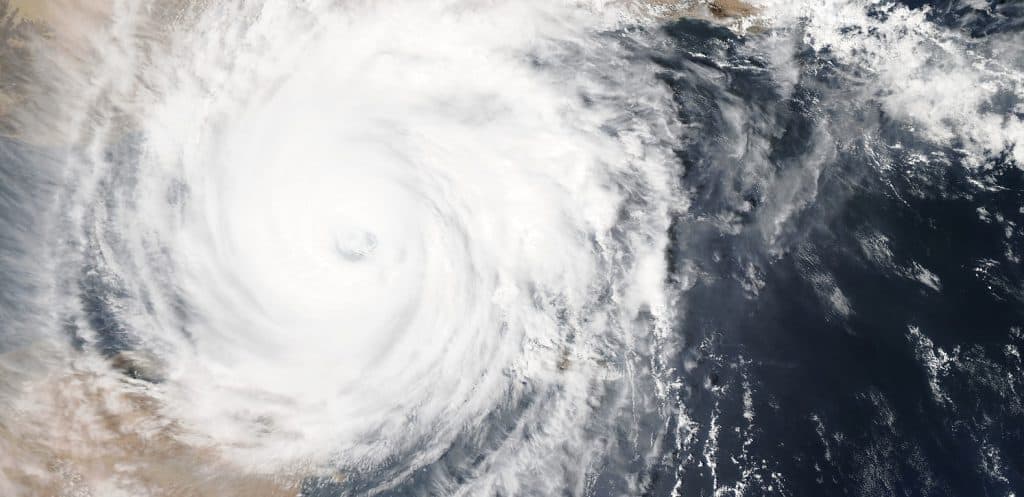Tropical cyclone Eloise made landfall in Central Mozambique on January 23rd. It brought considerable amounts of rains and resulted in floods in several areas of the country.
Emergency reaction after cyclone
On January 26th, the United Nations Office for the Coordination of Humanitarian Affairs mentioned in a flash update that “flooding is still affecting the central region of the country, especially Buzi District, in Sofala Province, where about 100km2 of land appears to be flooded, based on the latest analysis from UNOSAT/UNITAR”.
The cyclone already affected more than 250,000 people, including about 16,000 displaced and 15 dead. Consequences of this cyclone are disastrous in a country where infrastructures for transport and access to basic necessities, such as water and food, are very often lacking. Emergency response from humanitarian organizations is currently being organized in order to provide food, water, accommodation hygiene kits and mosquito nets to those in need. The objective is to respond to the populations’ immediate needs and, on a longer-term, limit the disastrous consequences of this climate event by preventing the development of epidemics such as cholera (related to hygiene issues), malaria (spread by mosquitoes) and Covid-19.
Damages on agriculture
The agricultural sector has also been affected by the floods. Significant damages occurred on maize, cassava and rice crops that should have been harvested in April. This will imply a lack of revenues for farmers who lost their crops and first and foremost, a lack of food supply in the coming months.
Cyclone Idai in 2019
The same regions of Mozambique were barely recovering from the deadly Cyclone Idai that hit the country two years ago. It caused the death of 602 people, destroyed coastal areas and provoked floods and flash floods inland, which damaged agricultural production, transport, and food supply on a large scale.
Cashew production
Mozambique is an important producer of cashew nuts. However, 70% of the production happens in the Northern part of the country, in the regions of Nambula, Cabo Delgo and Zambezia, which were less severely affected by the cyclone and the consecutive floods. Moreover, the harvest of cashew nuts was already finished. Therefore the consequences on the cashew crop, although still unclear, will be less severe than the damages caused on arable crops.
Our thoughts are with the people of Mozambique 🙏



 We use cookies to ensure you get the best experience on our website. For more information, please read our
We use cookies to ensure you get the best experience on our website. For more information, please read our